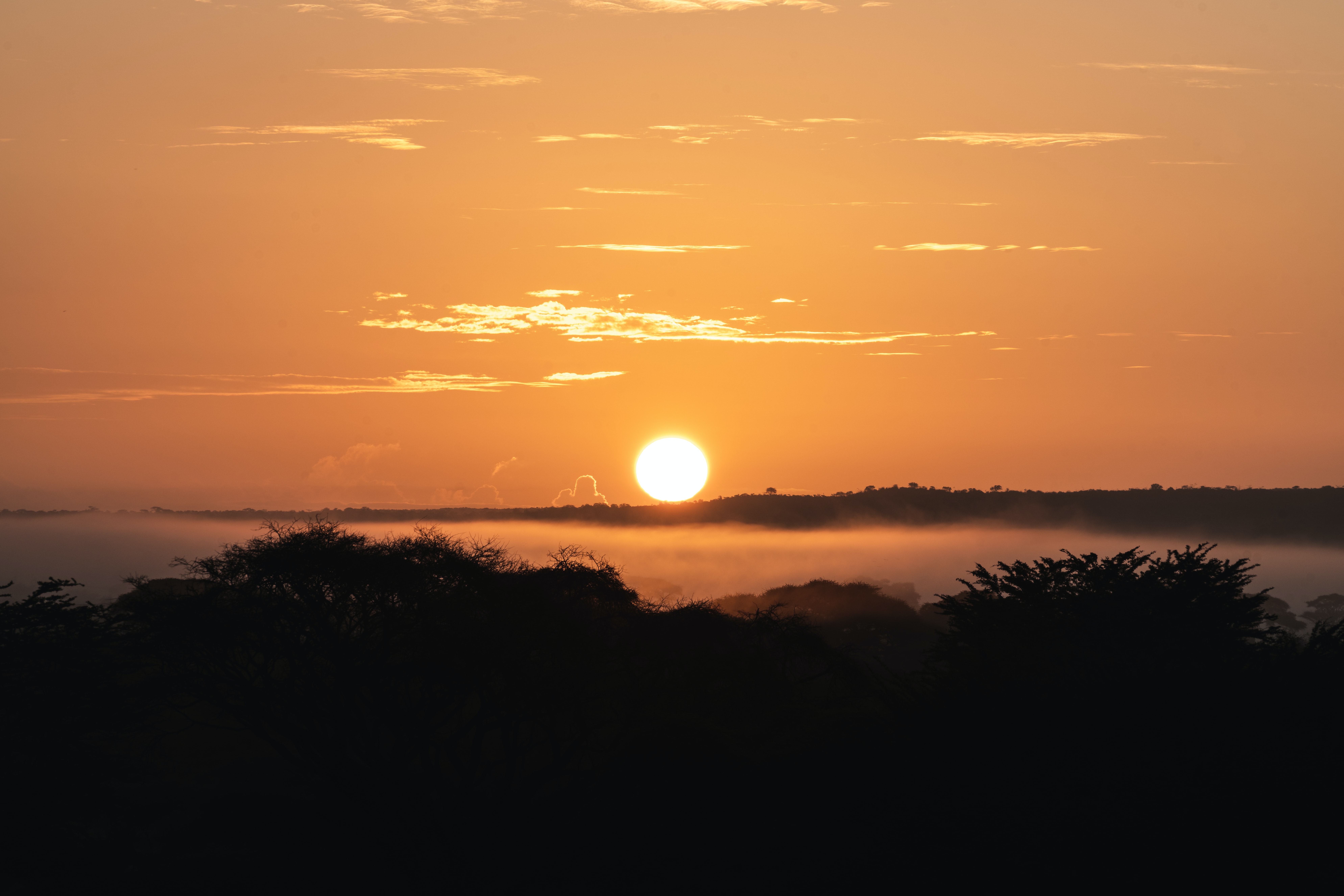Why Choosing to Travel to Tanzania with us?
“Tanzania is a popular African safari destination and most large reputable operators working in Africa sell Tanzanian holidays, but our approach of services and the fact that we work towards empowering women and young ladies by investing in their education and training makes us a more responsible operator on the field, our love to environment and conservation of wildlife and the fact that we sell boutique and bespoke safari, gives you all of the reason to book your Tanzania wildlife safari experiences with us.
Most operators offer pretty much the same packages and the differences will mostly lie in the quality of the guides and vehicles. If you have a special interest, you might want to do some research and look for operators catering to that; for example, some packages are more geared towards walking safaris or fly camping (where the whole camp gets set up for you at a special private campsite.

What type of accommodation can I expect on a safari?
“The safari industry in Tanzania is well established and there is a good variety of accommodation on offer. Going with an outfitter offering comfortable camping safaris is not only the most budget-friendly way to travel, but it also adds to the sense of adventure. If real camping isn’t your thing, but you like the romance of tented accommodation, there are tented camps (with actual beds and flushing toilets inside) offering different levels of luxury. For those visitors that prefer to spend their evenings in less of a bush environment, there are hotels that provide a total disconnect from the countryside, which also means less chance of creepy-crawlies in your room. The current trend, however, is toward exclusive designer lodges blending into the environment and offering an unparalleled level of luxury and service. The sky is the limit on Tanzania wildlife safari experiences!”
How Much Does Tanzania safari cost?
“Tanzania wildlife safari experiences are not geared toward big groups. The best way to see the parks is on a bespoke safari for two or four people who book together as a family or friends, though that obviously comes at a price. You should budget a starting price of US$500 per person per day, but it is difficult to put a specific figure on a trip, as a lot of variables need to be considered. For example, camping safaris are generally cheaper than lodge safaris. Conversely, the Serengeti and some other parks in the northern circuit have big hotels that are much cheaper than the small, exclusive lodges and tented camps. The season makes a big difference too. Discounted rates apply if you are willing to travel in the rainy season, while you’ll pay a premium to visit during the height of the wildebeest migration.”.
Best Time to Visit Tanzania
The best wildlife viewing months in Tanzania are during the Dry season from late June to October. The best chance of seeing the wildebeest migration in the Serengeti is during June and July and the time to see the wildebeest calving is late January to February. The southern and western circuit parks are best visited during the Dry season (June to October), unlike the more popular northern circuit parks that can be visited year-round. Tarangire is the only exception since its wildlife viewing is considerably better in the Dry season as well.
How is the wildlife viewing in Tanzania Like?
“The wildlife viewing in Tanzania is superb. Tanzania wildlife safari experiences in the northern circuit takes in Lake Manyara, Tarangire, the Serengeti and the Ngorongoro Crater. Any of these parks offer fantastic game viewing, although some of it is seasonal. Doing the whole circuit enhances the experience as you’ll be going through a variety of habitats and environments. Due to the sizes of the parks, it is possible to get away from the crowds, but as this is the most popular circuit, you will be surrounded by other tourists at times. If you really want to get away from all that, you can visit the southern circuit, where the game viewing is slightly more challenging but very good all the same. This circuit is perhaps more suited to repeat Africa visitors who are less driven to tick off the Big Five.”
Tanzania Major Attractions:
“Tanzania is the quintessential safari destination, offering both quality and quantity. The wildlife viewing is superb and there is just so much choice in terms of places to visit and things to do. In fact, it would be hard to experience all of the highlights even in three Tanzania holidays, let alone one. There are three distinct safari circuits: the most popular northern safari circuit includes famous places like the Serengeti and Ngorongoro Crater; the lesser-known southern circuit centers on Selous Game Reserve and Ruaha National Park; and the off-the-beaten-track western circuit includes Katavi National Park and the chimpanzee reserves on the shore of Lake Tanganyika. Avid mountain climbers might be surprised to learn the highest peak in Africa is in Tanzania. Mount Kilimanjaro lies between Kenya and Tanzania, but is climbed from the Tanzanian side.”
How safe is Tanzania for travelers?
“Tanzania has a slick and experienced tourist industry, and a Tanzanian safari overall is very safe. That said, there is a lot of petty crime in big cities such as Dar es Salaam and Mombasa, so walking around alone isn’t recommended. Tourists sometimes get targeted in Arusha and other urban tourist hot spots, but most of the time the hassle is benign and is really just touts wanting to sell things (anything from safaris to beaded necklaces). Being firm and standing your ground is usually all it takes to diffuse any situation. In any case, most people on Tanzanian tours don’t spend very much (or any) time in urban centers, so none of this is likely even to be a concern.”
What can I expect from an African safari in Tanzania?
“Tanzania has a slick and experienced tourist industry, and a Tanzania wildlife safari experiences overall is very safe. That said, there is a lot of petty crime in big cities such as Dar es Salaam and Mombasa, so walking around alone isn’t recommended. Tourists sometimes get targeted in Arusha and other urban tourist hot spots, but most of the time the hassle is benign and is really just touts wanting to sell things (anything from safaris to beaded necklaces). Being firm and standing your ground is usually all it takes to diffuse any situation. In any case, most people on Tanzanian tours don’t spend very much (or any) time in urban centers, so none of this is likely even to be a concern.”
